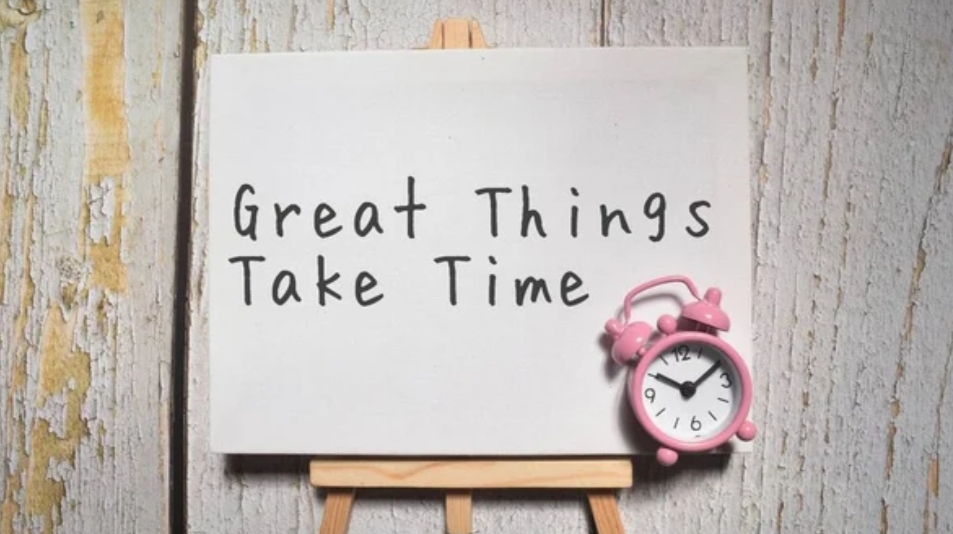
In an age shaped by social media, instant communication, and public personas, the pressure on individuals to succeed has never been greater. With this pressure, however, comes an unsettling reality—many people are waiting for your failure. While it may sound cynical, this phenomenon is an aspect of the human experience that warrants deeper exploration. Understanding this dynamic can empower us to navigate our personal and professional lives more resiliently.
The Nature of Competition and Comparison
Humans are inherently social beings. We thrive on connection, seek validation, and often measure our worth through the lens of comparison. In navigating these complex social frameworks, it can become all too common to find ourselves caught in a competitive cycle. This competition breeds an environment where one’s success or failure affects the perceptions and feelings of others.
When someone achieves a significant milestone—be it a promotion, a viral post, or a major life endeavor—there are often individuals who celebrate but also those who dwell on their own insecurities. In some cases, this leads to a sense of relief or even joy when that successful person stumbles or fails. It’s a byproduct of the comparison game, fostering an atmosphere where one’s failure can feel like another’s leveling up.
Social Media: A Double-Edged Sword
Social media platforms amplify this phenomenon. On one hand, they allow individuals to share their achievements and connect with a broad audience. On the other, they create a breeding ground for judgment and scrutiny. The curated lives presented online often gloss over struggles and failures, painting an unrealistic picture of success. For many observers, it can lead to a sense of schadenfreude—the enjoyment derived from another person’s misfortune.
The “highlight reel” nature of social media can create an environment rich with envy and anticipation for the moment when someone’s facade cracks. People may not celebrate others’ failures openly, but the hidden delight in witnessing another’s struggle often lurks beneath the surface.
The Impact of Others’ Expectations
The expectations others impose can be crushing. Parents, peers, mentors, and society at large often enforce ideals about what success looks like. When individuals fail to meet these expectations, they might feel as if they’re not only falling short in their own eyes but in the eyes of countless others as well.
This external pressure can create a toxic cycle where individuals become hyper-aware of their performance, leading to anxiety, stress, and, at times, burnout. The awareness that “people are waiting for your failure” can paralyze decision-making and stifle creativity, limiting one’s potential to explore new opportunities and take risks.
Turning Failure into Fuel
Acknowledging that there are people who may be waiting for your failure doesn’t have to be a disheartening realization. Instead, it can serve as a powerful motivator. Here are some ways to reframe this perspective:
- Embrace a Growth Mindset: Understand that failure is a natural part of the journey toward success. Adopt a mindset that perceives failures as learning opportunities, allowing you to grow and improve continuously.
- Focus on Your Own Path: While it’s natural to feel the weight of public scrutiny, redirect your energy towards your own goals and values. Define success on your terms rather than allowing external voices to dictate how you should feel.
- Build a Supportive Community: Surround yourself with people who uplift and inspire you rather than those who revel in criticism. Supportive relationships can diminish the sting of public scrutiny and provide a safety net during challenging times.
- Limit Exposure to Negative Inputs: Be mindful of the media you consume and the company you keep. Reducing exposure to negativity can help you focus on positivity and encouragement, making it easier to ignore external detractors.
- Celebrate Your Achievements: Acknowledge and celebrate your successes, no matter how small. Shifting your focus to your accomplishments can build confidence and resilience, regardless of how others perceive your journey.
The reality that “people are waiting for your failure” can seem disheartening, but it doesn’t have to define your narrative. Recognizing this often unspoken truth can empower individuals to confront societal expectations and cultivate the resilience necessary to pursue their passions and aspirations unapologetically. Every failure is a stepping stone, and every critic can serve as fuel to propel you forward. Your journey is yours to chart, independent of the opinions of others. Embrace the challenges ahead, knowing that, ultimately, your success is the most significant triumph of all.


